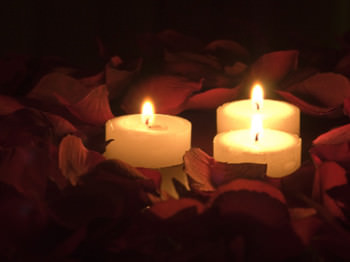
I’ll digress for a moment and mention that as with most alternative relationship structures and alternative sexualities, the best existing examples seem to be found in sci-fi. But not being a big sci-fi reader myself, you’ll have to do your own research to find those tales.
More to the point, since the session, I have found myself considering the second half of this conversation – the idea of rewriting mono-normative stories to encompass non-monogamy – from time to time, with varying degrees of interest. It was particularly in my mind when the new Doctor (Doctor Who) was about to be announced, and numerous voices were calling for a female Doctor in order to change the status quo and challenge the lingering patriarchy. And in fact, I feel the same way about that as I do about rewriting stories to make them less mono-normative.
Fundamentally, the idea of addressing these imbalances comes from a positive place; it comes from a desire to overcome outdated modes of thought and challenge social assumptions. However, to me, it seems a little contrived to turn mono-normative stories into non-monogamous ones; just as it seems contrived to turn a traditionally male character into a female one. But even that is too simple an explanation. For me, there are really two sides to this.
First of all, I think it is a little disrespectful to monogamy (or men! as the case may be) to just rewrite/recreate their narratives for the sake of diversity. Whilst I may wish that I had grown up with more cultural representations of alternative relationships in order that I might have had something to which I could aspire, it would also feel dishonest to me if every story that contained a “who will s/he choose?” question ended with non-monogamy rather than a couple. Not least because in the real world most of those situations would and do end in couples, not triads. And I don’t particularly think there’s anything wrong with that. I am not on a one-woman campaign to make non-monogamy more pervasive, and I think monogamy deserves just as much respect.
Equally, on the other side, I think it’s a little disrespectful to non-monogamy (or women) to feel that the only way they can be fairly represented in the arts is to subvert existing stories. Particularly stories which the proponents of these kinds of arguments might say are built on mono-normativity and on patriarchal societies. Surely this practice would undermine its own purpose.
Rather than retelling stories that belong to other schools of thought, stories that lead their own, equally important narrative, I feel it would be a great deal more empowering if stories that contained non-monogamy could rise on their own. Perhaps it will take time. To compare it with the continued imbalance of women in the arts and particularly in literature: women have only been writing their own stories on a large scale for a hundred odd years, and in that time we have not fully overcome the problems that linger from centuries of patriarchy. I am not really a feminist, but having worked in theatre even I recognised truth in what my step-mother (an actress in her own right) told me: there are very few great roles in drama for women compared with the number of roles there are for men. But it is getting better. More women are writing for women; and it’s not contrived, or subversive. It is women telling the stories of women; stories that, in their own right, need and deserve to be told. It requires patience, but it is getting better. I believe that the same is true of non-monogamy.
It may well take some time; it naturally takes a while for progressive ideas to become part of a lived culture, but as we go on, non-monogamous people will want to tell their stories. Even better, eventually when a story contains a character who is non-monogamous, their relationship style may not even be the focal point of the story, but just an accepted and well written detail. And who better than us to write these stories? Who better to begin this grand literary tradition? Us – those with lived experience, not contrived or created to fill a diversity quota, but the truth. The ‘how it is’.

